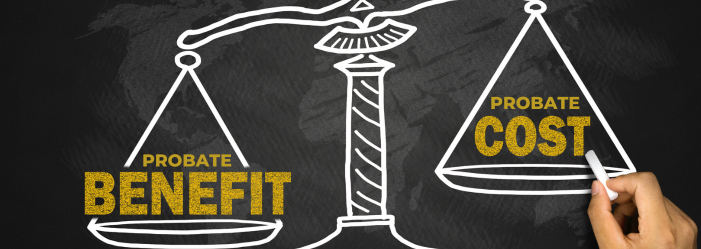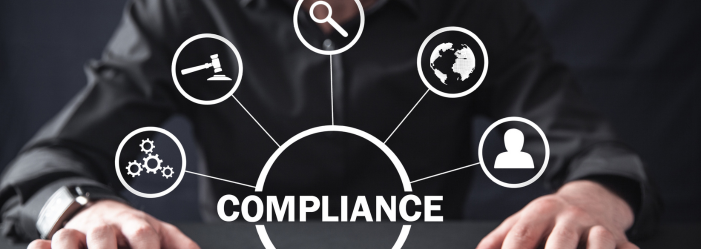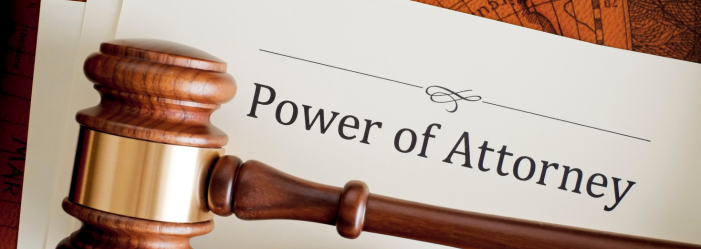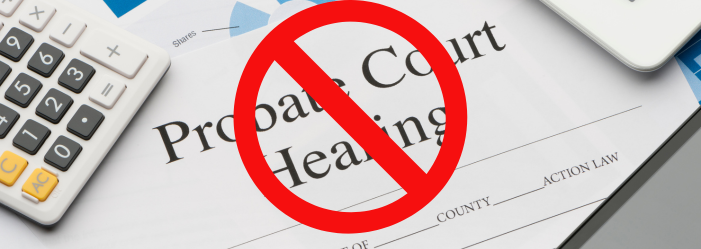Protecting Your Digital Legacy: Why Digital Assets Belong in Your Estate Plan
Need A Florida Lawyer? Fill Out The Form Below
Securing Your Online Presence: Why Digital Assets Are Key to Modern Estate Planning

Protecting Your Digital Legacy: Why Digital Assets Belong in Your Estate Plan
In today’s digital age, your estate plan should cover more than just physical assets. As our lives increasingly unfold online, a variety of digital assets—from social media accounts to cryptocurrency wallets—hold sentimental, financial, and personal significance. Without incorporating these digital assets into your estate plan, your loved ones may face obstacles in accessing these resources, which could result in lost memories, funds, and even exposure to cyber risks. This guide will walk you through why it’s essential to include digital assets in your estate planning and outline key steps to secure your digital legacy.
What Are Digital Assets?
Digital assets encompass any information stored or accessed online that has personal, sentimental, or financial value. These assets range widely, including:
- Financial Accounts: Online banking, cryptocurrency, PayPal, investment accounts.
- Social Media Accounts: Facebook, Instagram, LinkedIn, where memories and interactions are stored.
- Personal Data: Email accounts, cloud storage (photos, videos, important documents).
- Online Businesses: E-commerce websites, blogs, or monetized social media accounts.
- Subscriptions and Loyalty Points: Netflix, Amazon Prime, frequent flyer miles, hotel rewards.
- Intellectual Property: Blogs, books, music, art in digital formats.
Without planning for these assets, your digital presence may become inaccessible, vulnerable to fraud, or mishandled, causing potential financial and emotional losses for your heirs.
Why Digital Assets Matter in Estate Planning
- Sentimental Value: Many digital assets, such as family photos and videos stored on social media or cloud platforms, carry deep sentimental value. Without access, these cherished memories may be lost.
- Financial Impact: Digital assets like cryptocurrency and online businesses can represent significant financial resources. Failure to include these can mean financial losses, as heirs may be unable to access or legally claim them.
- Security and Privacy: Unattended digital accounts are prone to cyber threats, including identity theft. Closing or securing accounts helps protect both your legacy and your beneficiaries from potential harm.
Legal Considerations for Digital Assets in Florida
The Revised Uniform Fiduciary Access to Digital Assets Act (RUFADAA) grants limited access to fiduciaries to manage digital assets if explicit authorization is provided in your estate plan. Without such provisions, Florida law may restrict access to these assets, complicating your heirs’ ability to settle your estate efficiently. Platform-specific policies also play a role; for example, some social media sites offer tools to memorialize or delete accounts upon death, but your explicit instructions are essential to ensure compliance.
Risks of Excluding Digital Assets from Your Estate Plan
- Inaccessible Accounts: Without proper authorization, heirs may be locked out of valuable or sentimental accounts due to platform policies and privacy laws.
- Legal Disputes: If there are no clear instructions for your digital assets, heirs may face legal battles to gain access, which can be time-consuming and costly.
- Ongoing Expenses: Subscription fees may continue to drain the estate if not promptly canceled, impacting the estate’s value.
- Identity Theft: Unmonitored accounts are vulnerable to identity theft, where fraudsters may misuse personal data, creating additional financial and legal challenges.
Best Practices for Digital Asset Estate Planning
- Create an Inventory: List all digital assets, including login details, security questions, and the purpose of each asset.
- Designate a Digital Executor: Choose a tech-savvy and trustworthy individual to manage your digital assets. This role should be legally documented in your estate plan.
- Specify Management Instructions: Outline clear instructions for each asset—such as whether to memorialize, delete, or transfer certain accounts.
- Use Secure Storage Solutions: Store passwords and account information securely using a password manager or encrypted document, and make sure your digital executor knows how to access it.
- Regularly Update the Plan: As digital assets and platform policies change, review and update your digital estate plan periodically.
Managing and Updating Your Digital Estate Plan
The management of digital assets is an ongoing process. With evolving technology and new accounts, it’s essential to keep your inventory up to date. Schedule annual reviews or updates after significant life events, like purchasing new digital assets or joining new platforms. Regular updates help ensure that all assets are accounted for and that your plan reflects the latest terms of service for each platform.
How Katz & Associates Can Help
Katz & Associates understands the complexities of digital asset management and the evolving landscape of estate planning. Our experienced team can guide you through each step, from inventory creation to establishing the necessary legal authority for a digital executor. We ensure that your digital estate plan aligns with Florida law, minimizes risks, and secures both the sentimental and financial aspects of your digital legacy. With Katz & Associates, you’ll have peace of mind knowing your digital and physical assets are protected for future generations.
Powered and Designed by Boost (boostvse.com)













